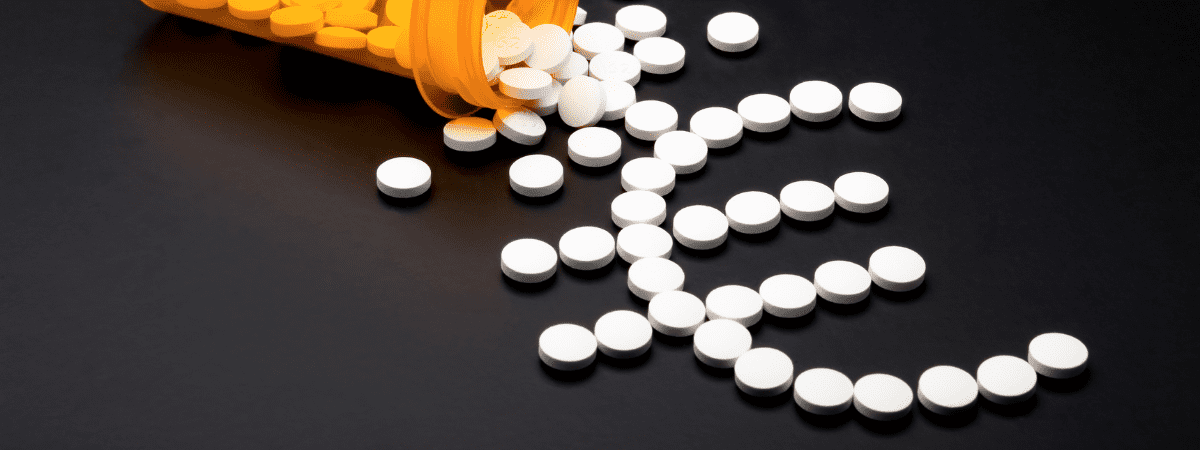Exemptions for Prescriptions
Patients who do not qualify for free medications may be eligible for exemptions from prescription fees.
For instance, people with modest incomes or some medical issues may qualify. Individuals should consult with their physician or chemist for further information.
Valid Medical Exemption Certificate
Free medications may be obtained with a valid medical exemption certificate. Individuals with certain medical disorders or impairments may qualify for an extensive exemption certificate. Individuals should consult with their physician or chemist for further information.
The cost of prescriptions may have a substantial effect on healthcare services. Individuals who cannot afford their medications may postpone or forgo medical care, resulting in more severe health issues and a more significant burden on the NHS.
Individuals eligible for free prescriptions should get the required documents, such as a medical exemption certificate, to avoid being charged for their medicine. Individuals should consult with their physician or chemist for further information.
Individuals with modest incomes may qualify for an exemption from prescription fees. Individuals should consult with their physician or chemist for further information.
Patients obligated to pay prescription fees should pay the exact amount to avoid penalties or fines. Those still determining how much they should pay might enquire with their physician or chemist.
Dental care fees may be costly, and patients may be obliged to pay. Nonetheless, specific individuals may qualify for free or discounted dental care.
Individuals may use the NHS eligibility checker to see whether they are eligible for free or discounted dental care. Disability Accepted People with certain impairments may qualify for free medications. Patients can consult with their doctor or chemist for further information on obtaining a medical exemption certificate.
Patients Eligible for Remission Arrangements May Be Protected Against Prescription Charges Individuals qualified for remission agreements may be protected against prescription costs.
Those with limited incomes or some medical issues might use remission arrangements to protect their agreements.
A prepayment certificate (PPC) may save money on prescription medicine prices for patients needing medication regularly. Patients may save even more money by buying a three-year PPC, which can be bought for a specific term of either three or twelve months.
Things Requiring a Prescription may be issued for various medical ailments, and individuals may be obliged to pay for their prescriptions. Nonetheless, some patients may qualify for free or discounted medicines. Individuals should consult with their physician or chemist for further information.
Advice By Telephone Individuals with issues about their medications or prescription costs may contact their doctor or chemist for guidance via telephone.
In addition to telephone advice, patients may contact the NHS Prescription Tracker helpdesk for extra information on their prescription expenditure. Exemption for Extensive Medication Individuals who need extensive medicine may save money on prescriptions by getting a prescription prepayment certificate.
Patients may save even more money by buying a three-year PPC, which can be bought for a specific term of either three or twelve months.
A prescription prepayment card might save patients money if they need several or frequent medicines. Individuals still determining if a PPC is appropriate should consult their physician or chemist.
Prepayment for Prescriptions Patients who need traditional medicine may save money on prescription prices by using a prescription prepayment voucher.
Patients may save even more money by buying a three-year PPC, which can be bought for a specific term of either three or twelve months. Many individuals in the United Kingdom continue to struggle to afford vital prescriptions due to the high price of prescription drugs.
According to our study, prescription prices in the United Kingdom remain a serious concern for many individuals.










